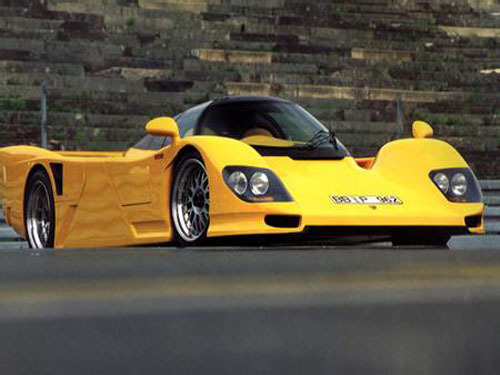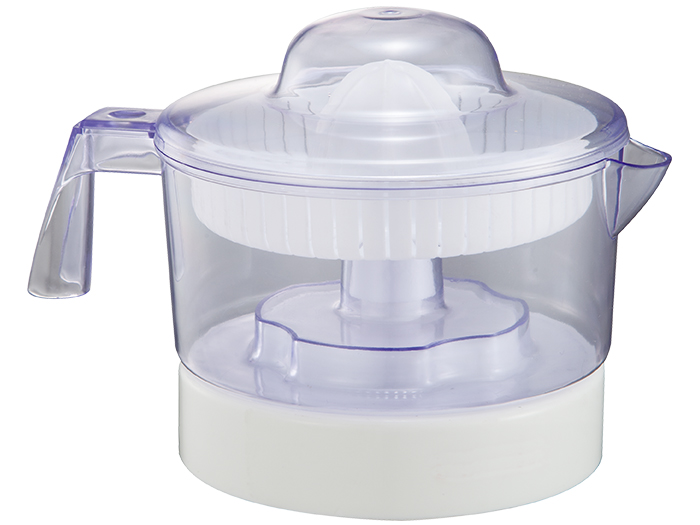The automobile retail system centered on brand licensing has gradually opened the curtain of reform. On August 1, the “Notice of the General Administration for Industry and Commerce on Stopping the Implementation of the Record Filing of Automobile Dealers and Authorized Dealers of Automobile Brands†(hereinafter referred to as the “Announcementâ€) was promulgated. According to the filing list document published by the State Administration for Industry and Commerce, the business scope of the business license has been put into operation. The general automobile dealers and auto brand authorized dealers registered as “×× brand automobile sales†can apply for change registration as “car salesâ€, and the manufacturers that are criticized by the critics have dominated the auto channel monopoly and are ushering in change.
Citrus Juicers
By putting the half of orange or lemons or other fruits into the machine, and use the hand to press the fruit, Citrus Juicers can squeeze fruit into juices.
Description of Citrus Juicers
Power: 30W/40W
Control: Dual direction rotation
Accessory: 0.5L juice cup
Packing: 16pcs/ctn
Carton Box: 65.5*39*35cm
20'GP: 5200pcs 40'HQ: 12400pcs
Citrus Juicers,Electric Citrus Juicers,Electric Citrus Juicer,Stainless Steel Citrus Juicer Flying Electronic Co., Ltd , https://www.flyingappliances.com
In the past two weeks, luxury car brands such as Jaguar Land Rover, Audi, and Mercedes-Benz have either “downgraded†by RMB 200,000, or lowered the prices of after-sales services and accessories to counter the price supervision and anti-monopoly bureau of the National Development and Reform Commission against the domestic auto industry. Monopoly investigation.
China Economic Net Automotive Channel continuously monitors the progress of the situation, and pointed out that “the crux lies in the lack of top-level design “anti-monopoly†who should listen to itâ€, namely the “Anti-Monopoly Law†and “Implementation Measures for Automobile Brand Sales Management†(hereinafter referred to as "Measures") There is a clear "contradiction" in the management of the vehicle manufacturer's dominance. From exclusive licensing, channel control, and accessory monopoly, each link faces reform constraints due to "top-level design."
Remove the "brand" word form greater than meaning
On August 1, the "Commercial Bureau of Commerce, Industry, and Industry, Announcement Concerning the Stopping of the Implementation of the Filing Work of the General Automobile Distributors and Authorized Dealers of Automobile Brands" (hereinafter referred to as the "Announcement") was promulgated, announcing that the suspension of the implementation of the general automobile dealers and automobiles has been suspended since October 1. Brand authorized dealers record work.
According to the contents of the "Announcement": Since August 20, 2014, the State Administration for Industry and Commerce has stopped accepting the filing materials submitted by automobile suppliers. Automobile dealers who have registered business scope of their business licenses as “×× brand automobile sales†and authorized dealers of automobile brands may apply for registration of changes to “car sales†and automobile distributors selling automobile brands (including general distributors). According to the relevant provisions of the industrial and commercial registration administration, the business scope of its business license is uniformly registered as "car sales."
The change from “×× brand automobile sales†to “car sales†has a clear meaning literally. That is, automobile dealers (including general distributors) have the right to carry out multi-brand marketing sales, and the “exclusive authorization of automobile brands†model is changing.
A senior analyst in the automotive industry stated that it is difficult for consumers to be happy or worried. In the short term, there will not be many dealers who choose a multi-brand shop, unless two situations: Either the shop will soon collapse, or it will be self-supporting.
"Can apply" is not "must apply." This flexible space has given the relevant government departments less administrative instructions to intervene in the free competition in the market, and also gives dealers the freedom to choose.
Su Hui, vice president of the China Automobile Dealers Association’s tangible automobile branch, expressed his optimism. In his view, removing the word “brand†means that car dealers will no longer have general dealers for the record, and sales of automobiles will no longer require vehicle manufacturers to file records, which means marketization of the automobile circulation field.
Objectively speaking, in the short term, it is indeed difficult to imagine that Mercedes-Benz’s 4S stores sell Audi and BMW. Even if dealers have the right to operate in multiple brands, they still need the product supply of the entire vehicle company. This “conventional†channel model will be short-term. It is difficult to make major changes.
Luo Lei, deputy secretary-general of the China Automobile Dealers Association, said in an interview with China Economic Net that the impact of this move on the automobile circulation industry was not significant, but simplified the procedure for dealers to open new stores and expand new business, and catered to market demand. In fact, some companies have already tried to sell multiple brands in the same store.
In recent years, there have been many incidents in which the relationship between car companies and dealers has deteriorated, and dealers have the most “Tucao†status: the strong behavior of automakers, the inventory of goods, oversales, and spare parts supply. Four years ago, hundreds of authorized dealers of Guangzhou auto brands had jointly planned and proposed to change the “brand authorized sales methodsâ€, hoping to provide diversified support for channels, and to revise the “Implementation Measures for Automobile Brand Sales Managementâ€, but the final results It is not ideal.
Can the cancellation of "brand" authorization be the prelude to the reform?
Shen Jinjun, executive vice president and secretary-general of the China Automobile Dealers Association, believes that the contradiction between the anti-monopoly investigation and the “measures†existing in the rules is caused by the overlapping of multi-sector management. The country’s anti-monopoly investigation in the automobile industry is still based on the Anti-Monopoly Law.
Experts generally agree that the "Anti-Monopoly Law" is a general law in the country's economic field and has a constitution called "economic and legal circles." The "Measures" issued by the Ministry of Commerce, the National Development and Reform Commission, and the State Administration for Industry and Commerce are rules and regulations. If the industrial policy conflicts with the law, the first thing to do is to use the law as a measure of the company's behavior.
For Su Hui, the "Announcement" will have a major impact on the anti-monopoly promotion of China's autos. The state has already begun anti-monopoly investigations in the field of automobile complete vehicles and accessories. One of the problems encountered is that the general distributor itself is a monopoly authority, and the current “Measures†support the monopoly of manufacturers from the regulatory perspective. The changes made by the SAIC are tantamount to breaking the core of the car sales brand licensing.
However, Luo Lei did not recognize this. "In fact, some companies have already tried to sell multiple brands in the same store. Therefore, the new policy of the General Administration of Industry and Commerce will not have much impact, and it will have little to do with anti-monopoly. â€
However, from a literal understanding and from the signals passed by the SAIC, existing dealers can sell cars of any brand, and it is expected that there will be a multi-shop co-plant model in the future, or that many stores will have a repair shop, operating costs and transportation. Dimensional efficiency may improve.
At the same time, the auto agent system may appear. A dealer, not necessarily for a single brand to operate, but a professional sales consultant to recommend the right car brand to buy between brands. With a multi-brand group, a group with a large brand span will create unique advantages in vehicle resources.
As for the "Announcement" issued this time, will it trigger a chain reaction, or even revising the "approach", and trigger new changes in the field of automobile circulation? Whether or not the automobile circulation market can bred the hypermarket model of “Gome and Suning†is still difficult to determine. 